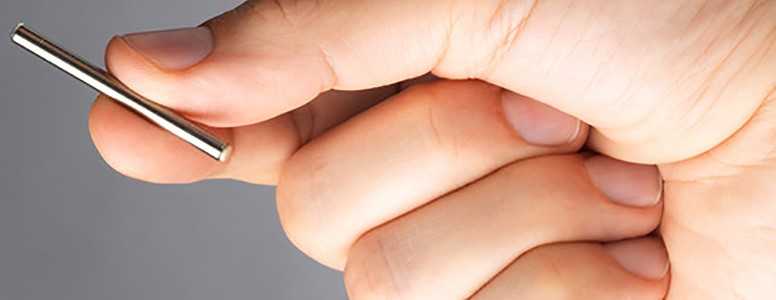Teenagers with type 1 diabetes experience significant changes to their brain activity during hypoglycemia and hyperglycemia, according to new research.
The study, which was conducted at the Royal Children’s Hospital in Melbourne, is the first to explain how brain function can be impaired by high or low blood glucose levels in people with type 1 diabetes.
The researchers examined 20 patients, all of whom were between the ages of 12 and 18. All of the patients had type 1 diabetes. MRIs were used to examine the brain activity of the teenagers during different states: healthy blood glucose levels; low blood glucose levels (hypoglycemia); and high blood glucose levels (hyperglycemia).
They found that, during episodes of hypoglycemia, the participants had significantly less brain activity in the temporoparietal cortex, which is largely responsible for memory. Type 1 diabetes has long been associated with memory loss, hence the common connections made between diabetes and Alzheimer’s disease.
During hyperglycemia, the patients showed signs of increased activity in the basal ganglia, which is associated eye movements, cognitio, and emotion.
“Functional MRI techniques allow for noninvasive assessment of brain function, and studies now looking at healthy adults and diabetic adults have shown significant differences in brain function during abnormal glycemia, mostly hypoglycemia to date; however, there are limited data from paediatric cohorts and differences may exist as a function of ongoing neurodevelopment or age,” said Michele A. O’Connell, of the Royal Children’s Hospital in Melbourne, Australia.
According to the researchers, “this study is one of the first to describe mechanisms of acute brain dysfunction in [type 1 diabetic] youths during glycemic extremes […] this experimental paradigm will allow neuroprotective therapeutic options to be explored.”
Several studies have indicated that type 1 diabetes affects cognitive development, but this is the first to explain exactly how.
What's new on the forum? ⭐️
Get our free newsletters
Stay up to date with the latest news, research and breakthroughs.






